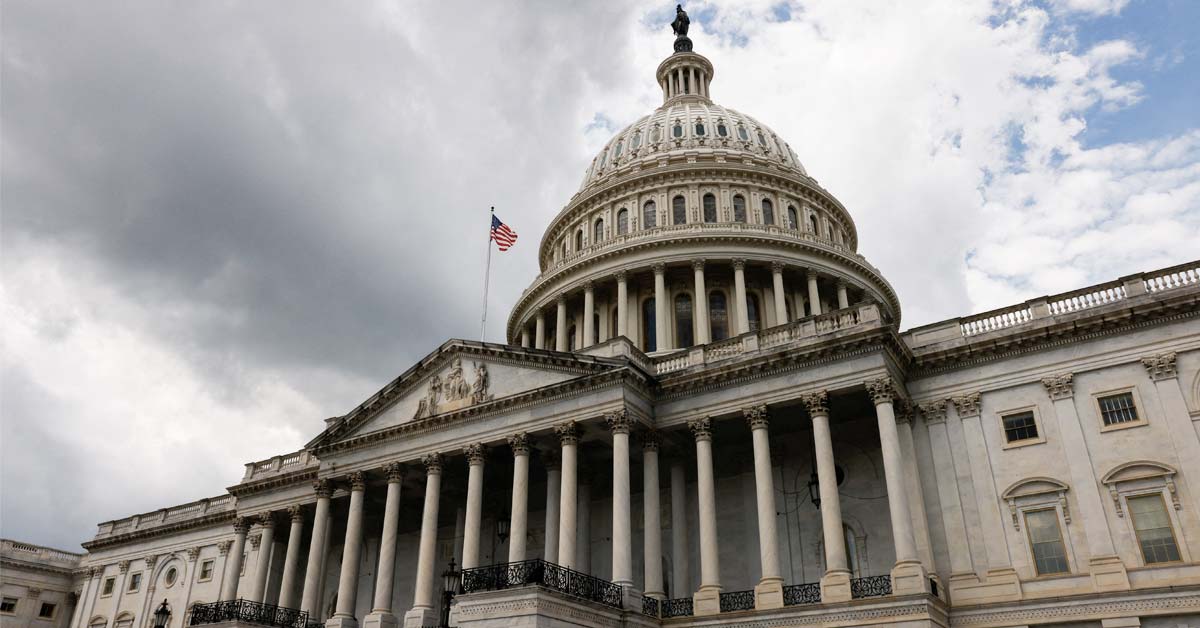In the world of government procurement, adherence to the Trade Agreements Act (TAA) is a critical consideration for businesses seeking to sell their products or services to federal agencies. TAA compliance ensures that government purchases align with established trade agreements and trade relations, promoting fairness and transparency. In this article, we’ll delve into what TAA compliance entails, its significance, and how businesses can navigate the complexities of this important regulatory framework.
Understanding the Trade Agreements Act (TAA)
The Trade Agreements Act of 1979, with subsequent amendments, governs the acquisition of products and services by the U.S. federal government. Its primary purpose is to promote fair and open international trade by setting guidelines for the procurement of goods from eligible countries. The TAA applies to federal acquisitions above a specified dollar threshold and mandates that products must originate from designated “TAA-compliant” countries.
Key Tenets of TAA Compliance:
- Designated Countries: The TAA designates specific countries as eligible for government procurement purposes. These countries have entered into trade agreements with the United States, ensuring that their products are treated equally in government procurement.
- Domestic End Products: TAA compliance requires that products procured by federal agencies are either manufactured or substantially transformed in a designated country or the United States itself. Substantial transformation refers to a change in the product that results in a new article with different characteristics or uses.
- Predominantly Manufactured: To be considered a TAA-compliant product, it must be predominantly manufactured in a designated country. This means that the cost of components produced in designated countries or the United States must exceed 50% of the total cost of all components.
Non-compliant Products: Products that do not meet the TAA criteria are considered non-compliant and cannot be used in federal procurement. Agencies are prohibited from purchasing non-compliant products, even if they are cheaper or more readily available.
Significance of TAA Compliance
- Promoting Fair Trade: TAA compliance promotes fair trade by ensuring that government contracts do not unfairly favor products from non-designated countries.
- Strengthening Trade Relations: It helps strengthen diplomatic and trade relations between the United States and designated countries, fostering international cooperation.
- Supporting Domestic Industry: TAA compliance encourages the use of products manufactured or substantially transformed in the United States, which can benefit domestic industries.
Navigating TAA Compliance
- Product Evaluation: Businesses must evaluate their products to determine whether they meet TAA compliance standards. This may involve assessing the origin of components and manufacturing processes.
- Documentation: Maintain accurate records and documentation demonstrating TAA compliance. This includes supplier information, cost breakdowns, and any certificates of origin.
- Supplier Awareness: Ensure that your supply chain partners are also aware of TAA compliance requirements and can provide the necessary documentation.
- Stay Informed: Keep abreast of changes to the TAA and designated countries, as regulations and eligible countries can change over time.
Conclusion
TAA compliance is a crucial aspect of doing business with the U.S. federal government. By understanding the key principles of the Trade Agreements Act and diligently ensuring compliance, businesses can access a substantial market, foster international trade relations, and contribute to the fairness and transparency of government procurement processes. Compliance may require careful product evaluation, documentation, and staying informed about evolving regulations, but the benefits of accessing government contracts can be well worth the effort for many businesses.






